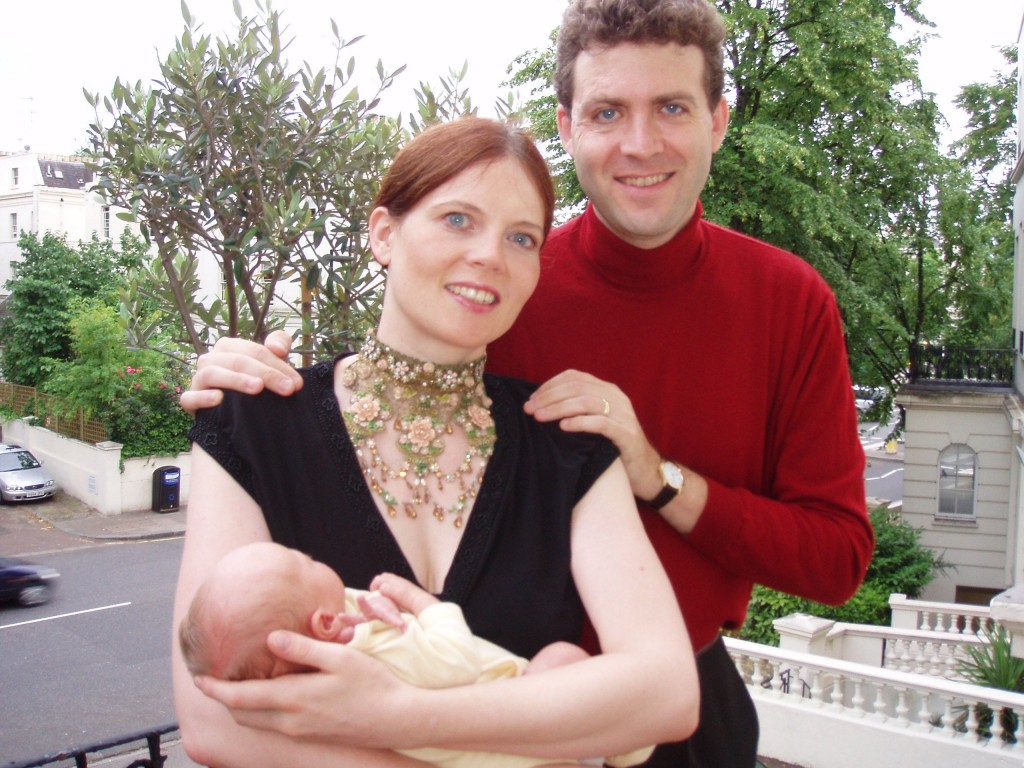James’ Story
I was diagnosed with Wegener’s Granulomatosis in my late 20s (I am now in my early 50s), after many months of a persistent smokers’ cough (having never smoked in my life) and profuse bleeding after a sinusitis operation. By the time Wegener’s had been identified, the condition had already progressed to my kidneys, where the unchecked condition can wreak its worst damage. The difficulty in discerning Wegener’s from a plethora of equally plausible diagnoses was clear from the outset.
Even after diagnosis, Wegener’s is an elusive syndrome; for me, a persistent cough marks its arrival, but then again like everyone else I have periods of coughing totally unrelated to Wegener’s. If the condition weren’t complicated enough in itself, my immuno-suppressing medication has made me highly vulnerable and has led to many chest infections, which a few times have triggered off a flare-up of the condition. Wegener’s can flare up on a whim and so I am always conscious of its power over me. As with an opponent one can never defeat outright, the hope always has been for a truce.
I experienced my most severe flare-up a few years after diagnosis, when for the only time in my life I simply didn’t have the strength in me to stand up and had to be taken in a wheelchair to a hospital bed. That sense of utter helplessness was terrifying, particularly for one who has lived by the mantra of “standing on my own two feet” all my life. The phrase took on a totally new meaning, its literal one.
Rituximab has been a complete game changer for me since I first took it in 2008. My Wegener’s has remained in remission since my last intravenous infusion of Rituximab back in 2017. After many difficult years of waiting for the Wegener’s to rear its ugly head once more, this feels much more like a lasting peace than a mere reprieve. Another biologic drug is currently successfully treating my psoriatic arthritis (auto-immune conditions don’t normally travel in pairs!).
I have been fortunate through Dr D’Cruz’s expert care and his full appreciation of the long-term tenure of this condition to be able to follow a relatively normal life. I am very proud to have founded the Wegener’s Trust with him. The need for it has become evident almost immediately. With so many people investing so much of their time and energy into it, this Trust is making a real difference in the understanding of this elusive condition and in funding meaningful targeted research. We desperately need to get more timely diagnosis of Wegener’s and a more effective treatment. The rare nature of the condition has meant this research is long overdue and your donations will matter greatly.
I would like to conclude by thanking my greatest support throughout all of this, my darling wife Antonia.
James Hancocks
